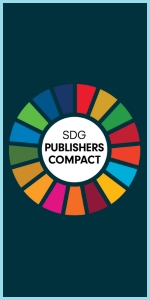FP24198Drought stress in Andrographis paniculata: impact on physiological parameters and andrographolide content as mediated by growth stages
This is the first study to comprehensively examine drought stress effects on physiological performance and bioactive compounds in Andrographis paniculata across three growth stages. Drought stress increased bioactive compounds during vegetative and flowering stages, but had no effect at the fruiting stage. The flowering and fruiting stages are more sensitive to drought stress than the vegetative stage. Findings may help determine optimal harvesting times, improve irrigation practices, and develope drought-tolerant genotypes to enhance bioactive compound content and reduce yield loss.






